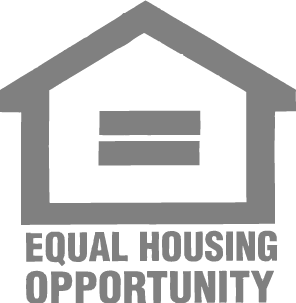Whether you’re just starting out in real estate investing or you’re looking to build your portfolio, investing in a fixer-upper could be something you’re considering. Like most things in investing, fixer-uppers can come with many benefits but also many risks.
Let’s dive into a few pros and cons of purchasing a fixer-upper property so you can make an informed decision on whether this is the best option for you as an investor.
Pro #1: Lower Purchase Price
Fixer-upper homes tend to have lower purchase prices because the sellers understand the home will need some work prior to moving in. Even though you will need/want to put additional money into the property for repairs, initially, you’ll have a lower purchase price and a lower down payment than you would have if you purchased a property that’s more move-in ready.
Pro #2: Ability To Customize
Sometimes fixer-uppers will need to be gutted entirely, giving you the option to customize the property and make it exactly what you want. This gives you the ability to really think about what features matter most to your renters and make sure they’re included in your property. Renters like to see updated kitchens and bathrooms, so adding new countertops, cabinetry, and even a fresh coat of paint will go a long way.
Con #1: Expensive Repairs
Fixer-upper homes often come with a lot of repairs, which can get costly. It can be easy to get carried away and go over budget when it comes to making repairs and making the property what you want it to be.
Con #2: Unexpected Surprises
Even if you have a home inspection completed, there will sometimes be unexpected issues along the way. These issues can lead to even more expensive repairs and a longer time period for repairs to be completed, which can affect your timeline.
Purchasing a fixer-upper property is a great option for adding more to your portfolio. If you have any questions about fixer-upper properties, reach out to us! We would love to provide our expertise and help in any way we can!


